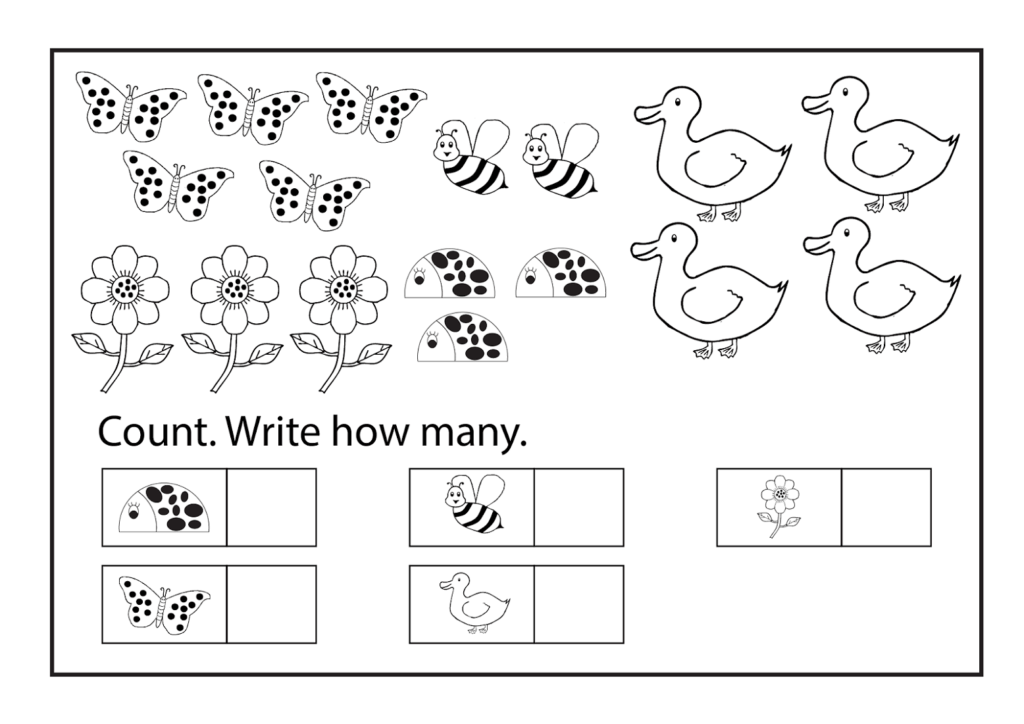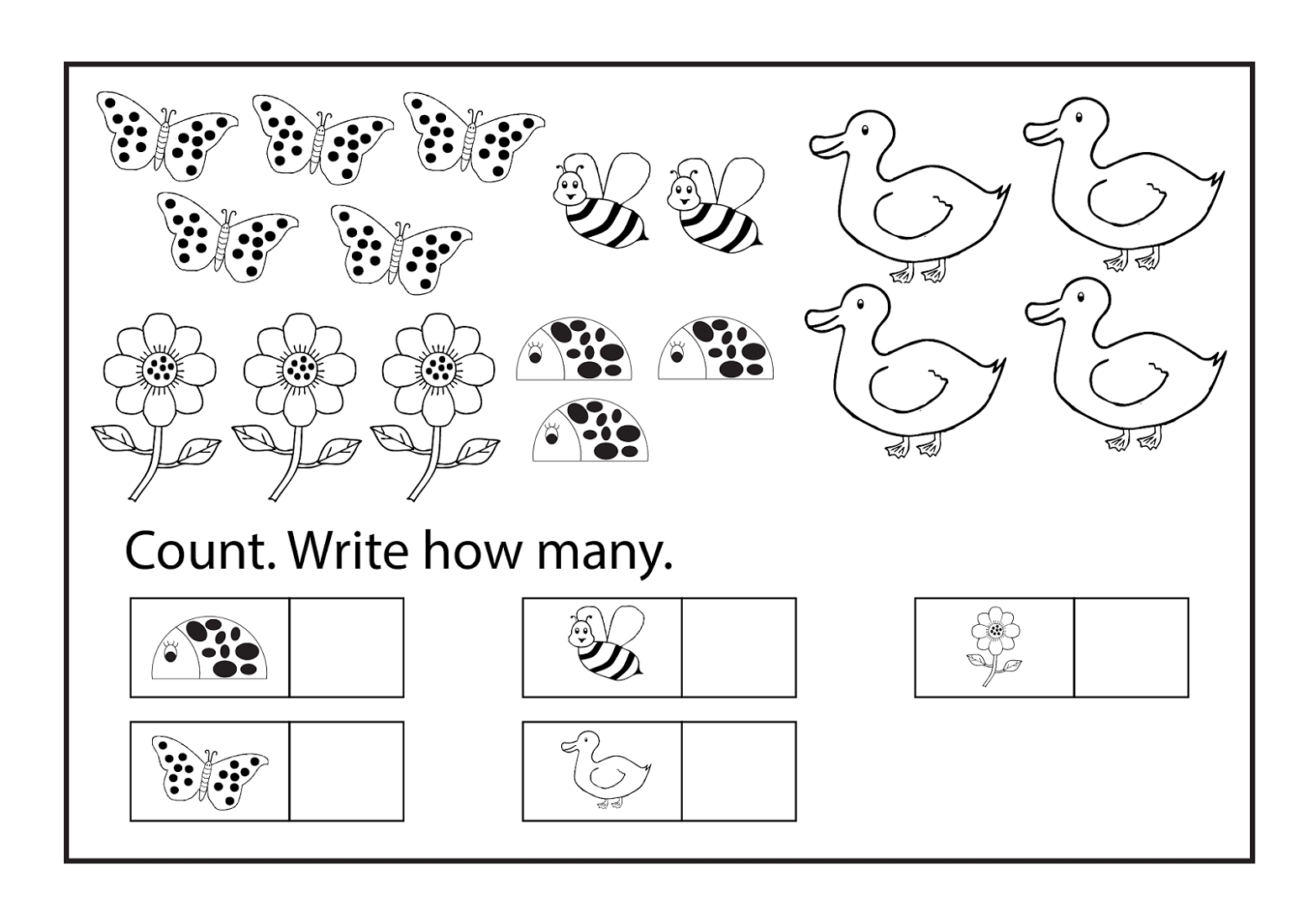
Unlocking Potential: The Importance of Education for Four-Year-Olds
The formative years of a child’s life are crucial for their cognitive, social, and emotional development. Among these early years, the age of four holds particular significance. Providing quality education for four-year-olds is not just about preparing them for kindergarten; it’s about laying a strong foundation for lifelong learning and success. This article delves into the multifaceted benefits of early education for four-year-olds, exploring its impact on various aspects of their development and highlighting the importance of accessible and high-quality programs.
Why Focus on Four-Year-Olds?
Four-year-olds are at a pivotal stage of development. Their brains are rapidly forming new connections, making them highly receptive to learning. This is a time when they are developing crucial social skills, learning to interact with peers, and beginning to understand the world around them. Education for four-year-olds capitalizes on this period of rapid growth, providing structured learning experiences that foster their development in a comprehensive manner.
Cognitive Development and Education for Four-Year-Olds
Early education plays a vital role in cognitive development. Through engaging activities and play-based learning, four-year-olds develop essential skills such as problem-solving, critical thinking, and memory. Programs designed for this age group often incorporate activities that stimulate their curiosity and encourage them to explore new ideas. For instance, activities such as storytelling, puzzles, and building blocks help enhance their cognitive abilities and lay the groundwork for future academic success. Structured education for four-year-olds provides a framework that parents may struggle to replicate at home.
The Role of Play in Cognitive Growth
Play is not just fun; it’s a critical component of cognitive development. Through play, four-year-olds learn to experiment, take risks, and solve problems. Educational programs that incorporate play-based learning provide opportunities for children to develop their creativity, imagination, and problem-solving skills. Whether it’s building a tower with blocks or acting out a story, play allows children to learn in a hands-on, engaging way. [See also: The Benefits of Play-Based Learning]
Social and Emotional Development
Beyond cognitive skills, education for four-year-olds significantly contributes to their social and emotional development. At this age, children are learning to navigate social interactions, understand their emotions, and develop empathy. Early education programs provide a supportive environment where children can practice these skills and learn to interact positively with their peers. They learn to share, take turns, and cooperate, which are essential skills for success in school and life.
Building Social Skills Through Group Activities
Group activities are a cornerstone of early education programs. These activities provide opportunities for children to work together, communicate effectively, and resolve conflicts. Through group projects, games, and collaborative learning experiences, four-year-olds learn to navigate social situations and develop strong interpersonal skills. These skills are crucial for building positive relationships and succeeding in a diverse society. Quality education for four-year-olds emphasizes the importance of social interaction and collaboration.
Emotional Regulation and Self-Awareness
Learning to manage emotions is a crucial aspect of early childhood development. Education for four-year-olds helps children develop emotional regulation skills by providing a safe and supportive environment where they can express their feelings and learn to cope with challenges. Teachers and caregivers play a vital role in helping children understand their emotions and develop strategies for managing them effectively. This includes teaching them how to identify their feelings, communicate their needs, and resolve conflicts peacefully. [See also: Nurturing Emotional Intelligence in Children]
Language and Literacy Development
Early education is instrumental in fostering language and literacy skills. Four-year-olds are rapidly expanding their vocabulary and developing their ability to communicate effectively. Programs designed for this age group often incorporate activities that promote language development, such as reading aloud, storytelling, and singing songs. These activities help children develop a love of language and build a strong foundation for future literacy success. The benefits of education for four-year-olds extend to both receptive and expressive language skills.
The Power of Reading Aloud
Reading aloud is one of the most effective ways to promote language and literacy development. When teachers and caregivers read aloud to four-year-olds, they expose them to new vocabulary, sentence structures, and ideas. This helps children develop their listening comprehension skills, expand their vocabulary, and develop a love of reading. Reading aloud also provides opportunities for children to ask questions, make connections, and engage with the story in a meaningful way. Education for four-year-olds heavily incorporates reading aloud as a core component.
Encouraging Early Writing Skills
While formal writing skills are not typically emphasized at this age, early education programs often incorporate activities that encourage pre-writing skills. This includes activities such as drawing, coloring, and tracing letters. These activities help children develop the fine motor skills and hand-eye coordination necessary for writing. They also introduce them to the concept of written language and help them understand that letters and words have meaning. Programs offering education for four-year-olds often utilize multi-sensory approaches to build these skills.
Preparing for Kindergarten and Beyond
One of the primary goals of education for four-year-olds is to prepare them for kindergarten. Children who attend early education programs are more likely to enter kindergarten with the skills and knowledge they need to succeed. This includes academic skills such as literacy and numeracy, as well as social and emotional skills such as self-regulation and cooperation. By providing a strong foundation in these areas, early education programs set children on a path to academic success. [See also: Transitioning to Kindergarten: A Guide for Parents]
Academic Readiness
Early education programs help children develop the academic skills they need to succeed in kindergarten. This includes skills such as letter recognition, counting, and basic math concepts. Programs often incorporate activities that teach these skills in a fun and engaging way, making learning enjoyable for children. By developing these foundational skills, children are better prepared to tackle the academic challenges of kindergarten. The best education for four-year-olds balances play and structured learning to achieve optimal academic readiness.
Social-Emotional Readiness
In addition to academic skills, early education programs also help children develop the social-emotional skills they need to succeed in kindergarten. This includes skills such as self-regulation, cooperation, and problem-solving. Children who attend early education programs are more likely to be able to follow directions, work independently, and interact positively with their peers. These skills are essential for creating a positive learning environment and fostering academic success. High-quality education for four-year-olds prioritizes social-emotional development as a key indicator of future success.
Access and Equity in Early Education
While the benefits of education for four-year-olds are clear, access to high-quality programs is not always equitable. Many families, particularly those from low-income backgrounds, face barriers to accessing early education. This can exacerbate existing inequalities and limit children’s opportunities for success. It is crucial to ensure that all children, regardless of their socioeconomic background, have access to affordable and high-quality early education programs. Investing in education for four-year-olds is an investment in the future of our society.
The Role of Government Funding
Government funding plays a vital role in ensuring access to early education for all children. By providing subsidies and grants to early education programs, governments can help make these programs more affordable for low-income families. This can help level the playing field and ensure that all children have the opportunity to benefit from early education. Increased investment in education for four-year-olds through government funding is essential for promoting equity and opportunity.
Community-Based Programs
Community-based programs are another important way to expand access to early education. These programs are often located in underserved communities and provide culturally relevant services to families. By partnering with local organizations and community leaders, these programs can build trust and ensure that they are meeting the needs of the community. Education for four-year-olds is most effective when it is tailored to the specific needs of the community it serves.
Conclusion: Investing in the Future
Education for four-year-olds is a critical investment in the future. By providing high-quality early education programs, we can help children develop the cognitive, social, emotional, and language skills they need to succeed in school and life. Ensuring equitable access to these programs is essential for promoting opportunity and reducing inequality. As a society, we must prioritize education for four-year-olds and work to create a system that supports all children in reaching their full potential. The long-term benefits of investing in education for four-year-olds far outweigh the costs, making it a wise and necessary investment for a brighter future. The advantages of early education for four-year-olds are undeniable, and continued support and expansion of these programs are essential for ensuring a successful future for all children. Ultimately, quality education for four-year-olds is a cornerstone of a thriving society.

